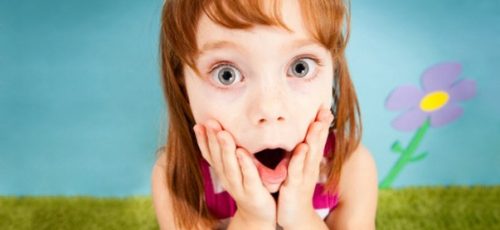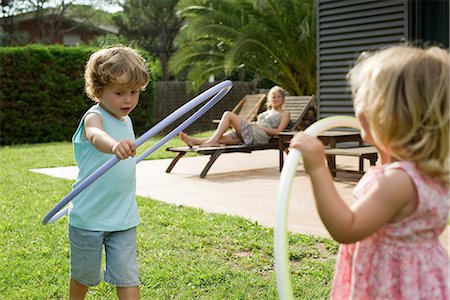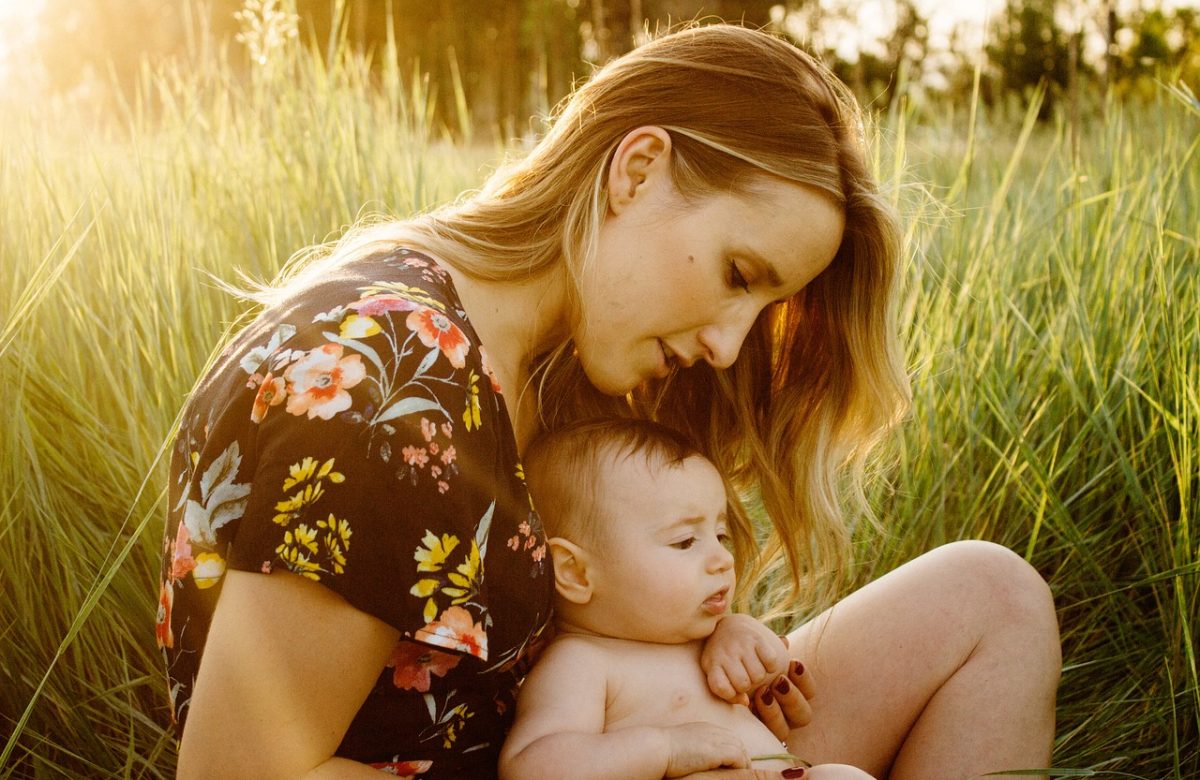Do you have kids and are you raising them overly or obsessively? Do you even know how well (or not well) you are raising them?
Did you know that paranoid parenting can also affect your kid’s social development and mental health? As parents, you want the best for your child but as they grow, you need to be less fearful and give them minimal adult supervision. When they become young people, they experience social change and become adaptable to the environment.
Fearful parenting, prevalent in various cultures including the United States, often stems from anxieties about global development and societal challenges. Research methods exploring development parenting trends are crucial for understanding the impact of fearful parenting practices on children’s well-being in an ever-changing global landscape.
So, what is fearful parenting? Have you ever wondered whether you might be engaging with it? Let’s discuss more about this important topic.

As parenthood is concerned, we can know how our fears affect our children in so many ways, and we can know how to handle these issues. let’s take a deeper look into some of the pointers here in this article.
“American childrearing over the last few decades has transformed expected parental anxieties about child safety into paranoia,” wrote Molly S. Castelloe, Ph.D. I discussed how parents act about their kids on my Parenting And Paranoia blog. This isn’t just limited to the feeling that the world is dangerous for kids. Fearing that your children will fail, that they’ll get hurt, and that they’ll make mistakes are part and parcel of it, too. That’s considered paranoia.
Understanding Paranoid Parenting
Overprotective parents are setting their kids up for FAILURE. Why is that?
Instilling fear in them will make them fearful of the world in general.
Frank Furedi, author of Paranoid Parenting: Why Ignoring the Experts May Be Best for Your Child (Chicago Review Press), argued that this form of raising kids has been around for centuries, but has gained new momentum in recent decades due to high-profile campaigns.
His 2007 groundbreaking book claims that Great Britain is now an “intolerant society” where parents are making their judgments about what is best for their children and often ignoring even the experts. Ignoring the experts may lead to a situation where parents are so irrationally anxious about new threats that they hardly allow their children out of the house, as Furedi calls it.
Capable children are like empty sponges to water – they’ll soak up whatever you teach them, whatever they get from you. If you instill fear in them at a young age, they’ll bring that sense of dread with them as they grow up.
Remember that song Because Of You by singer Kelly Clarkson? It may be a lover-related song, but that sums up your kid’s future dilemma when she grows up under overprotective tutelage.
Doing things for them because you’re afraid they’ll fail.
When you think that because your kids can’t seem to do anything right will only give them a sense of entitlement. Let me give you a real scenario. I had a relative with a brood of five, the youngest being the only girl. Growing up, she babied her and treated her like a princess. Her youngest stayed with her mum until she was 40. Eventually, the woman got married to a widowed farmer.
Unfortunately, the marriage didn’t last long. The man returned his wife to her family. It turned out; that he had to do the house chores after spending his day in the field because she wouldn’t do them. He even had to do the cooking. Though leaning on the extreme, the situation is a classic example of entitlement borne from bolstered parents’ confidence, overprotectiveness, and love.
Joel L. Young, MD, explained, “It’s challenging to send your child out into a hostile world, knowing he or she may fail, face ridicule, and struggle. Rest assured, children must struggle to grow and learn. Saving your child from consequences and challenges now only ensures he or she will face more challenges down the road.”
Nowadays, hardly a day passes without news of a new danger or threat to children. The worst childhood influence is the media, whose stories often put children at greater risk than what would be considered normal. Television and newspapers are filled with sensationalist stories about how one parent’s examples of bad decisions led to tragedy.
By overprotecting your kids, you’re hindering the development of their decision-making skills.
Limiting their exposure to “good” brings about a myriad of adverse children’s health and mental consequences. Accordingly, there are two kinds of stress – chronic which comes from constant worrying, abuse, neglect, and so on, and acute, that burst of adrenaline we have in response to something frightening, dangerous, or competitive.
The former is constant while the latter is short-lived. The first one is the kind of stress we should steer clear of; the second one is a regular part of our fight-or-flight response. Acute stress is the “good kind of ”
Experts say that with paranoia, we limit their exposure to acute stress, something they need to develop their decision-making abilities and their risk-taking skills. Furthermore, studies show that acute stress factors in brain-building and the development of social behaviors are related to good parenthood. If you limit your kids’ exposure to it, they’ll most likely grow anti-social and hyper-aggressive.
It is fear revisited. One childcare expert recently warned against such practices, noting that even the much-publicized expert advice can’t protect children from everything in the world. The culture of paranoia has caused an overall increase in parental control over activities such as sleep, friends, and fun. But this may be sacrificing our children’s education in the child-rearing process.
It opens kids up to bullying.
Bullies are most likely to target kids who are very dependent on their modern parents, as a result of delusion. Their peers see them as misfits and abnormal making them vulnerable targets. This is a children’s safety issue in this modern society that requires adult supervision.
What To Do If You Are Paranoid Parenting

Remember this: being vigilant and alert is different. Paranoia is fear that’s bigger than the real thing, a warped-up worry. Know your concerns, and moral and cultural attitudes and keep them in perspective. You should also be aware that news portals tend to sensationalize the news and make them appear larger than they seem. It does not often convey only a clear message and sometimes makes this a welcome departure for well-rounded sanity.
Allow your kids a sense of freedom. We have to loosen our reins on our children as they go because, eventually, they’ll leave us to live lives of their own. Don’t prolong the inevitable and avoid becoming overly anxious parents.
Do positive reinforcement in place of scare tactics. We’d word “when you’re lost” instruction this way: “Don’t ever talk to strangers because they’ll snatch you and take you away, and you won’t see Mommy and Daddy ever again.” However, it’s best to use a more positive approach when giving life lessons to our kids. A positive reinforcement sounds like this: “Go to someone who can help you like a security guard, a police officer, or someone who works in the place (like an attendant if it’s a mall).” Let us equip our kids to be smart and street-wise in this world instead of creeping like mice in parental anxiety. Childcare experts suggest allowing only clear messages.
Paranoid parenting has become increasingly common in today’s culture of fear. Parents are taught to see potential threats everywhere, from a visit to the park to their children reading books or watching television. This kind of overprotectiveness can create an environment where children lack basic autonomy and develop a sense of being constantly under surveillance. Moreover, studies conducted at universities have found that children of overprotective parents often struggle with emotional regulation and poorer self-esteem. Ignoring this parental behavior has taught many parents today not to overcontrol their children.
Lastly, If your fears are becoming excessive, talk to someone about it. It could be your church pastor, or you could go to a therapist. If you’re wary of physical counseling, you can seek help online through therapy websites like BetterHelp. Don’t burden your kids with baseless fears that they can bring with them when they grow up. Don’t let your parental paranoia and
delusion affects and hurts your children’s well-being.
Insights And Takeaway
“Being a parent is a balancing act. There is no playbook that can tell us exactly what to do at every step of the journey. We want to avoid doing things for them that they can (or should) do themselves,” reminded Mike Brooks, Ph.D. “While we want to help them succeed, we have to be careful not to live vicariously through them.”
According to new sociological research and theories, in case your paranoia seems to get in the way of such a thing, BetterHelp can be your friend. Visit the company’s social media sites soon.
Frequently Asked Questions
